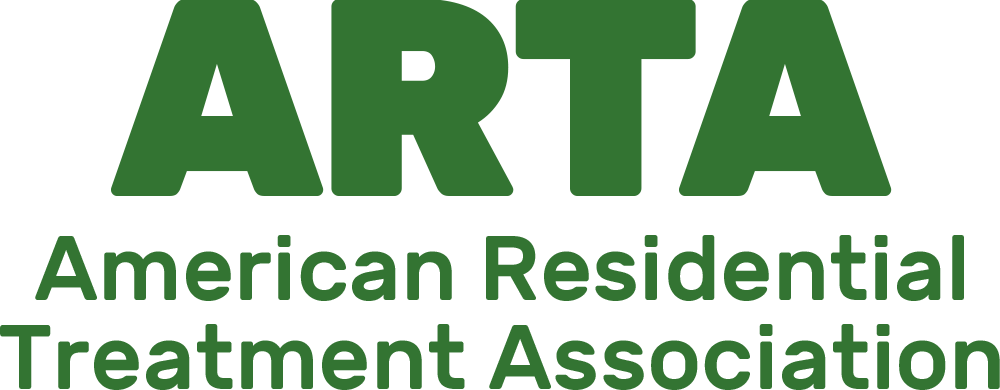
Jenny Park, Spring Lake Ranch Program Coordinator
2020 was a hard year (it’s a euphemism). I got laid off from my job, stuck at home with no direction. Depression quickly got worse. When I was crawling rock-bottom, this is what I heard from my own mom: “Who would want to work with you because you say you have depression or whatever” Man, I was absolutely convinced there was malicious intent behind that question, but in hindsight, I knew it was skewing more towards oblivion. I felt shame; it was not like anything I’d never felt before. I was convulsing with anger inside but played it off cool. Unbeknownst to me, those words seeped through my consciousness like a leaking faucet and soon flooded my mind uncontrollably. I couldn’t save myself from drowning in my own doubts.
In one of his stand-ups, Ronny Chieng made a joke about how Asian parents obsess over educating their kids to become doctors but are also the hardest to convince to go see a doctor themselves. I tittered out of painful relatability. He was describing my family. More specifically my mom. I’ve given her a list of therapists to call when she would visit Korea, recommended books to read, and thrown at her an ultimatum that our mother-daughter relationship will be over if she didn’t seek counseling. Quite predictably, these didactic approaches were deemed too humiliating. The wall between us kept on getting higher.
I kept on asking myself: why such aversion?
I have a few theories. My grandma was 5 years old when the Korean War broke out – she lost her whole family. Grandpa passed away at a fairly young age so she had to raise 4 children all by herself. It was all about the grind. Her survival mindset triggered by fear of poverty trickled down to future generations that followed. They had formed a tunnel vision to money. I didn’t even get to sit down and talk with my mom about life until after college because she was too busy trying to keep a roof over my head and food in my mouth as a single mother. Most of my memories of her were of her going to work, working, and coming back from work. Maybe sleeping. Financial gain has been the only measurable indicator of success and anything that came in the way of distracting her from scrounging up another paycheck to survive, say, going to the hospital, automatically took a backseat.
Another, maternal side of my family is extremely religious. Like, going to church every morning at 4am type of religious. I grew up running around churches and falling asleep to my grandma reciting the Bible. I attended every Sunday school, vacation Bible school, revival camps, Bible studies, youth groups, life groups, fellowship groups, and then some more groups. The women in my family prayed to feel whole when reality felt devastating and turned to church for guidance. When I was a junior in high school, I asked my mom if I could go see a psychologist to take a simple assessment and she screamed at me that I was attempting to, “rely on humans instead of God.” Seeking psychological help meant, in her head, diminishing the power of all-knowing God.
Once I was able to put two and two together, I, then, finally understood. Her experience in life almost made it impossible for her to be my ally, because the whole notion of mental health is an unexplored territory. What does unraveling complex emotions even look like? Who can we trust to tell those tales? Sitting down on a comfy couch and talking to someone about your feelings for a whole hour? Oh, boy. What a luxury. Institutional help outside of what the family/God can provide is filled with uncertainty and stepping into the grey area could mean risk. Silence wasn’t explicitly coerced; it happened naturally.
The crazy thing is my experience isn’t all that unique. When I talk with my non-white friends, struggles with our families come up inevitably. We spew out resentment and confusion about all the wrongdoings that’s been done to us but when it comes to therapy, we devalue its effectiveness. Maybe we don’t feel like it’s been accessible to us, so it’s not “ours” to take advantage of. Maybe it’s hard to find therapists who might actually understand what we’re going through because it’s tightly wrapped around cultural reflexes. Odds are stacked against people of color when it comes to actually accessing care. AA/PIs are three times less likely to access mental health services than any other race because of language barrier, confidentiality concerns, and fear of negative opinions. Many are undocumented, so they fear their identity will be exposed. Teachers are more likely to perceive irritable behavior in white teenagers as depression, while it’s seen as a conduct disorder in Black or Latino children. Black Americans with mental health conditions are more likely to be incarcerated than receive care. Due to past governmental efforts to eradicate Native culture, American Indians and Alaska Natives are less likely to trust care provided by white practitioners. And, the list goes on. (*Please refer to below for sources*)
These are not anecdotes. They are facts. Heartbreaking, but true.
My heart wrenches when my mom forces words out, fighting the tears, talking about the kind of adversity she went through. I can’t even begin to imagine. I am forever grateful for all the sacrifices that’ve been made to make my life possible, but the bitter truth is I can’t adhere to that habit anymore. I want to live. I don’t want to just ‘survive’. I want to prioritize my wellness and self-care even if it feels weirdly unsettling. But, the fight against its stigma remains. A fight for all humans. Humans with brains.
References:
Asian American Pacific Islander
https://www.apa.org/pi/oema/resources/ethnicity-health/asian-american/article-mental-health
Hispanic/Latinx American
https://www.nami.org/Your-Journey/Identity-and-Cultural-Dimensions/Hispanic-Latinx
Black American
https://www.npr.org/sections/health-shots/2018/03/19/587249339/black-and-latino-children-are-often-overlooked-when-it-comes-to-autism
https://www.ncbi.nlm.nih.gov/pmc/articles/PMC4916917/
Native American
https://tpcjournal.nbcc.org/examining-the-theory-of-historical-trauma-among-native-americans/






